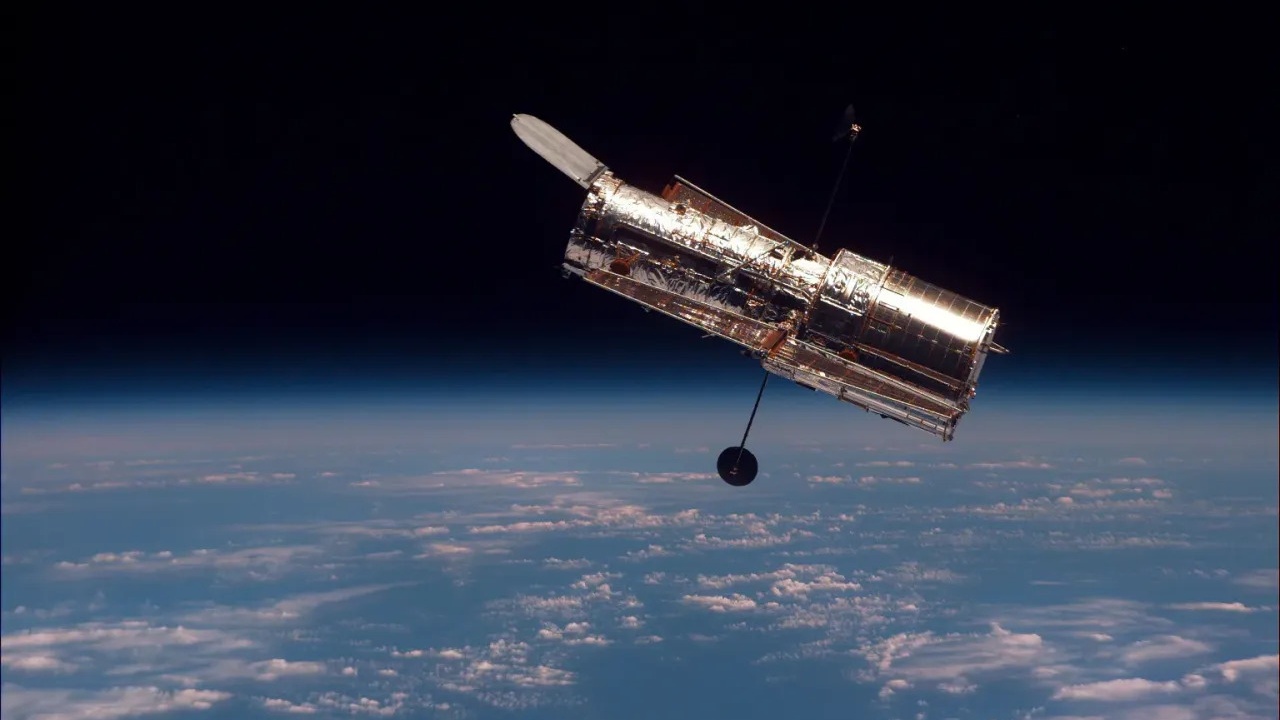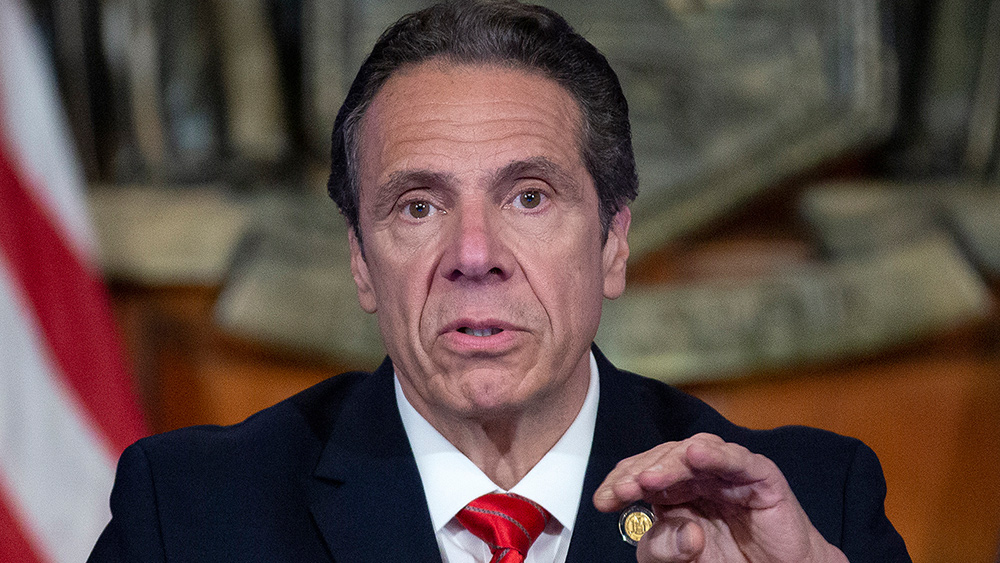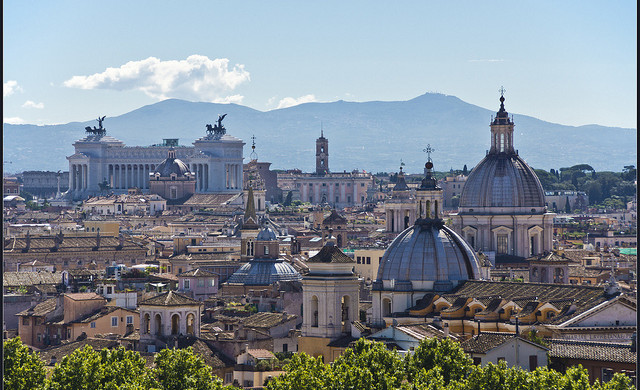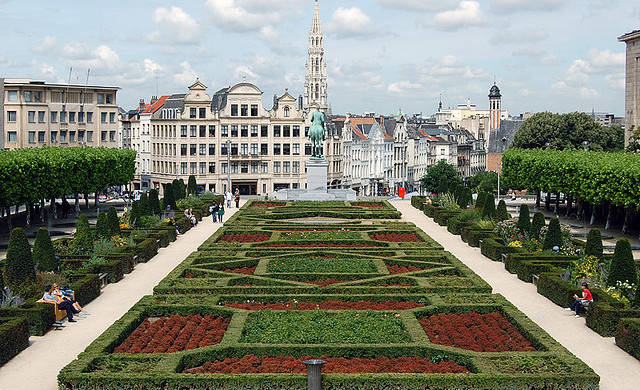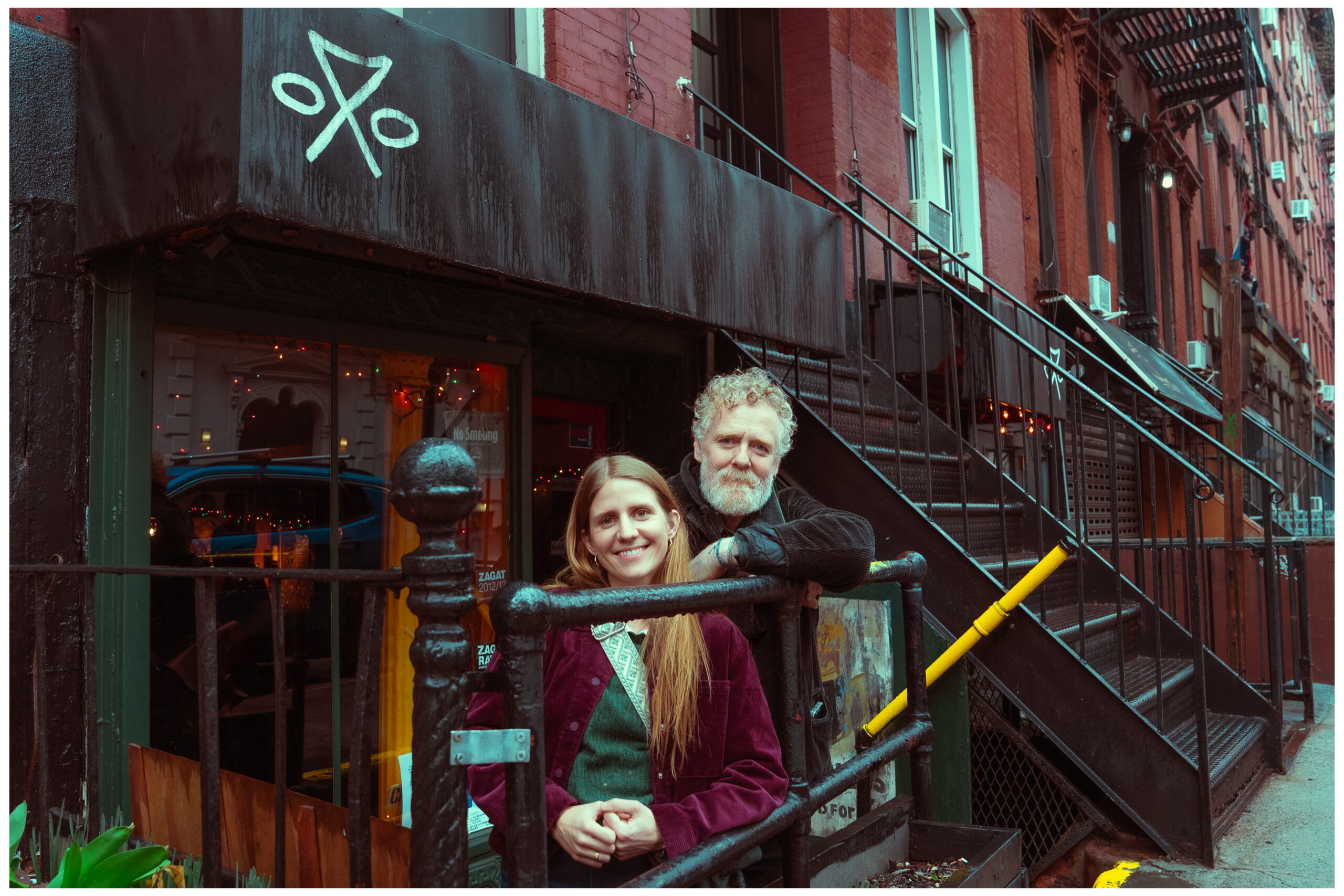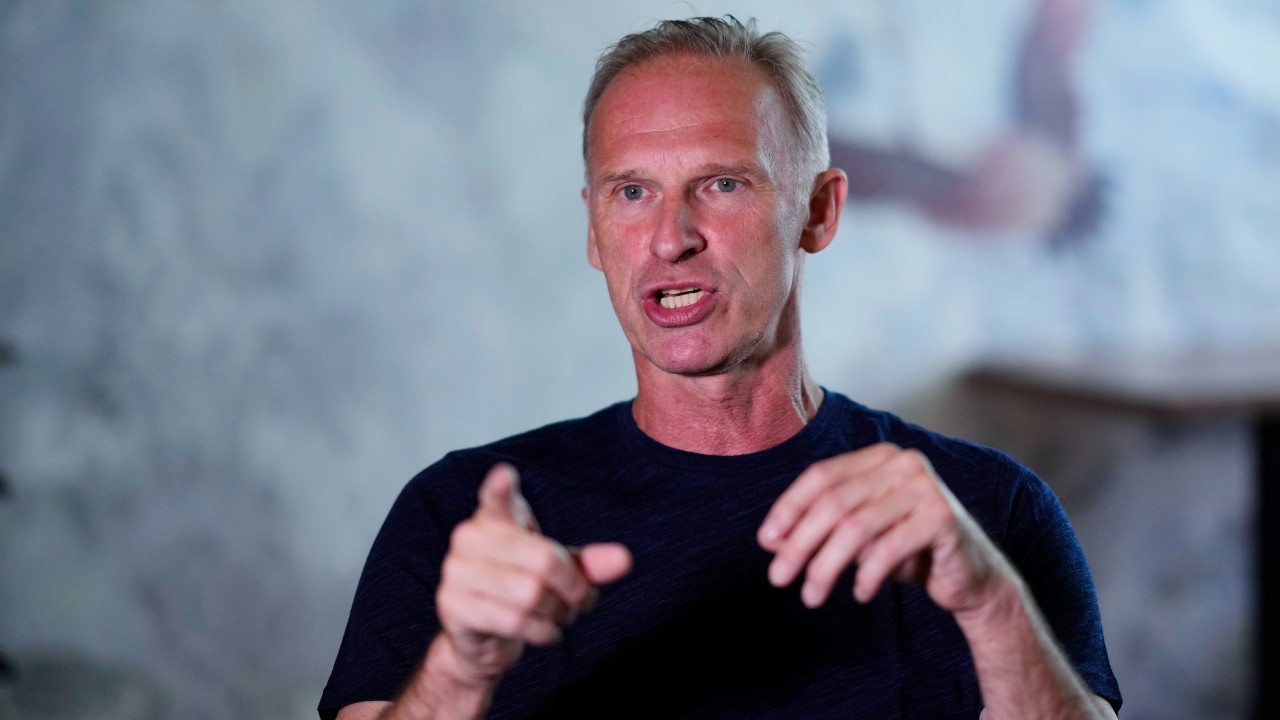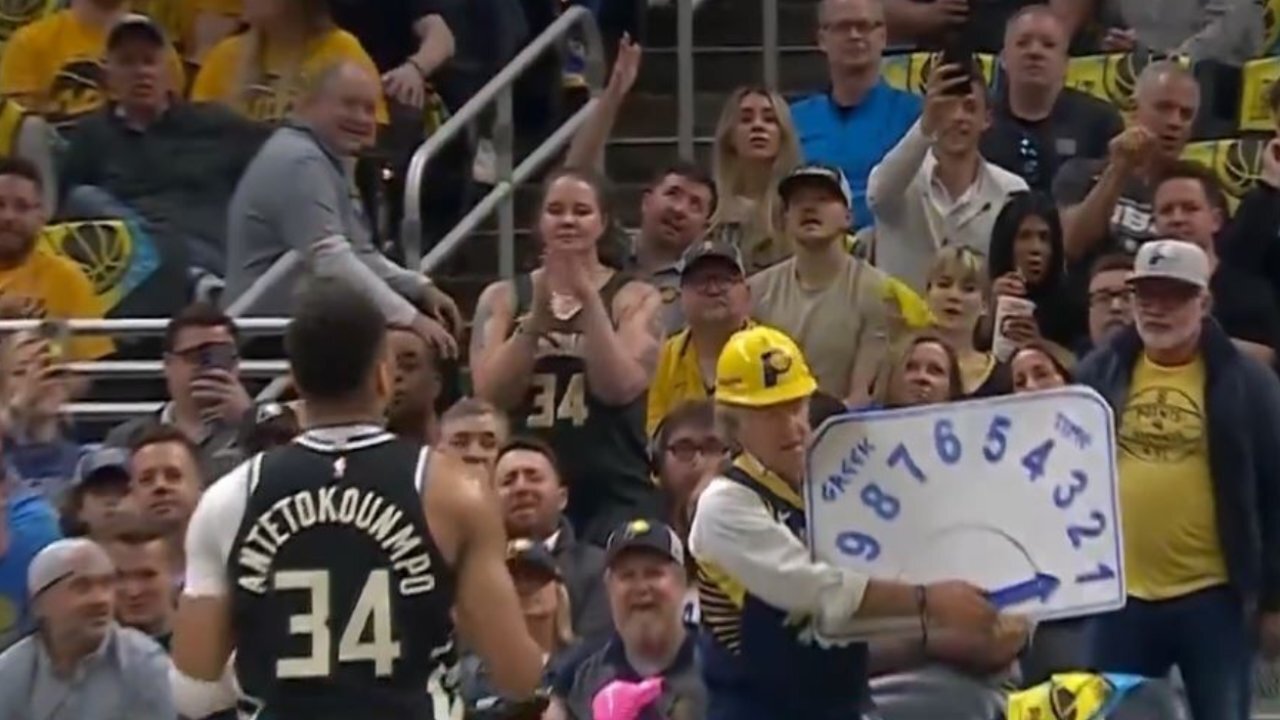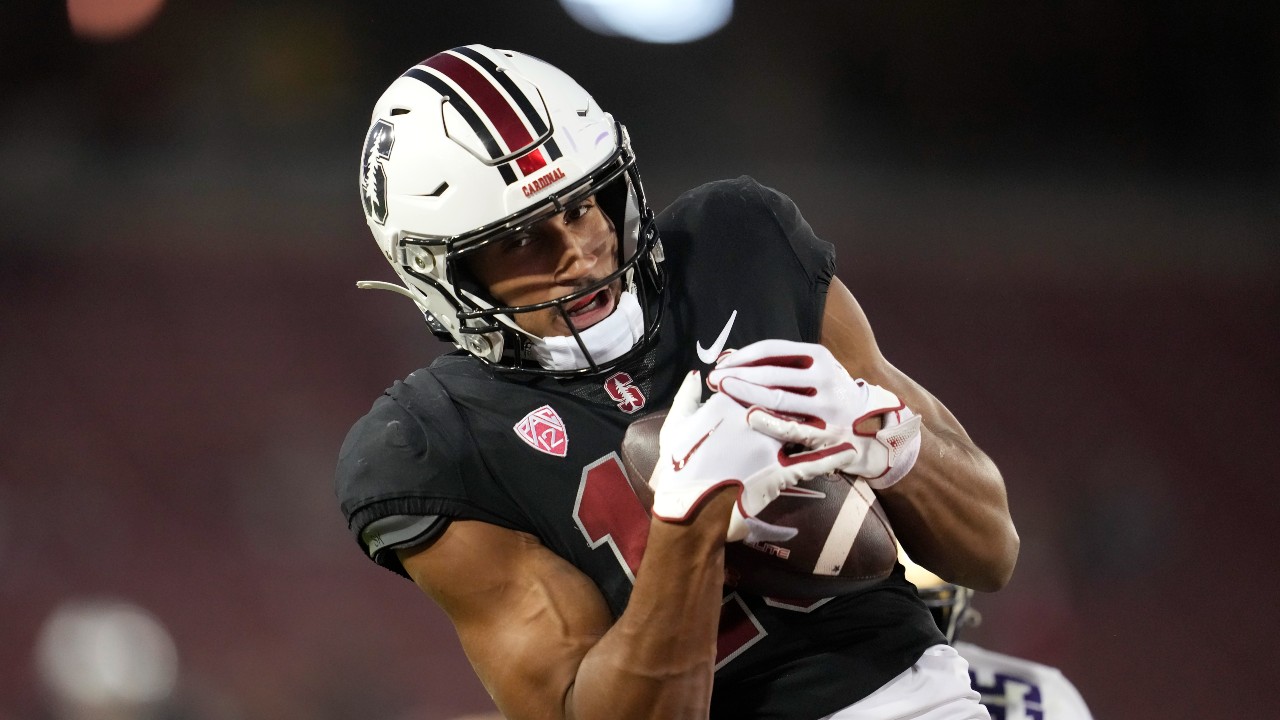93 per cent of music fans agree with the £1 ticket levy, fan survey reveals
Other findings include over half of participants seeing a locally significant venue close in the past five years, and over 90 per cent hoping for surge pricing to be made illegal The post 93 per cent of music fans agree with the £1 ticket levy, fan survey reveals appeared first on NME.


A new report has found that over 90 per cent of music fans are supportive of the £1 ticket levy to help support the survival of grassroots music venues.
The findings were shared as part of a fan-led review by Music Fans’ Voice, and revealed the habits and beliefs of music fans across the country. In the survey, people across the UK were asked about how frequently they attend live music events, as well as what they look for when buying tickets, what puts them off from going to gigs, and how they have noticed the industry change in recent years.
Over 8,000 people took part, with 18-35-year-olds making up just over 30 per cent, 25-54-year-olds making up over 40 per cent and over 55s making up over 26 per cent. Just over half of the participants were male, with 44 per cent identifying as women and two per cent choosing not to say.
One of the most interesting findings of the survey was that there was an overwhelming wave of support for the proposed £1 ticket levy – where arena-sized venues and above adopt a ‘Premier League model’ by paying back into the ecosystem to help keep the talent pipeline flowing.
In the report, 93 per cent of the 8,000 participants shared that they “strongly agree” that £1 from every ticket sold for any arena or stadium live event should “go to a fund that directly supports the grassroots”. This ties in with another finding from the survey, which highlighted the pressures faced by local venues in recent years. According to the study, over half of all participants (58 per cent) shared that they have experienced the closure of a locally significant venue or nightclub close to them since 2020.
Highlighting backing from the likes of Coldplay, Sam Fender, Enter Shikari, Katy Perry and more, a new update from MVT shared that the £1 ticket levy has meant that “over £580,000 has already been reinvested into the grassroots network via 147 grants”. “This is what artists and music fans want. We also continue to fight for this across the industry and at the government level – until giving back to the grassroots is the norm, and not the exception,” it added.
Of those, 85 per cent agreed that we should help protect these grassroots spaces by having laws introduced so that people who move into areas near venues cannot make complaints about noise related to a venue, and threaten its survival. Similarly, 33 per cent said that they have been making more of an effort to visit grassroots spaces more often over the past year – marking a bigger rise in popularity than festivals, arenas, nightclubs and stadiums.
“In 2023, one in five of our emergency cases were about noise,” shared MVT in a new update. “Thanks to our work with venues and local authorities, that dropped to just six per cent last year. However we’re still fighting for long-term protections through Agent of Change, so music isn’t the one that gets silenced.”
While 99 per cent agreed that live music events are an important part of UK culture and 95 per cent agreed that UK live music events are important in relation to the UK’s international reputation, over a quarter of those taking part revealed that they have been attending live music events less often than a year ago.
Less than 10 per cent of participants reported going to a nightclub even once a month, while just seven per cent and 15 per cent said they would go to events at stadiums and arenas respectively every six months.
This, the findings shared, was due to a multitude of factors, including 58 per cent wanting more local events, 53 per cent wanting better transport options (including night buses and later trains), and 60 per cent wanting better value for money. Of the latter, 92 per cent said that lower ticket prices would encourage them to attend more events.
A major complaint from the participants centred around the issue of dynamic/surge pricing – where the cost of tickets can inflate way above face value depending on the demand. This was seen most noticeably during the sale for Oasis’ reunion tour dates.
In the survey, 91 per cent said that they think surge pricing should be made illegal in the UK, and 83 per cent said they would not be willing to pay more than face value for events with higher demand than supply.
“Dynamic ticketing is extremely effective in creating a moment of high stress where your fear of missing out can push you into buying tickets at inflated prices that you can’t afford. It is hugely irresponsible, unfair and I believe it should be banned,” one said.
Another added: “Ticket resale at inflated prices isn’t of any benefit to music and the arts and when I am caught up in chasing after tickets at ridiculous prices know that I would be giving my money to someone who doesn’t care about the roots or the music.”
The issue applies to the cost of re-sale tickets too, with 97 per cent of participants agreeing that people should have to sell tickets for the same price or less if they cannot attend, and the same amount believe that more should be done to prevent automated ticket sale bots.
Last year, touts reportedly cost music fans an extra £145million per year, and Oasis alone were forced to cancel more than 50,000 tickets to their reunion tour sold via secondary ticket sites.

Speaking on the findings, David Martin, CEO of Featured Artists Coalition said: “The results of the Music Fans’ Voice Survey have one overriding message: the relationship between artists and fans provides the beating heart of live music. It’s their shared passion which drives music discovery, ticket sales, attendances, and in-venue spending.”
“Clearly, many fans are feeling the financial pinch right now. It’s something we all need to be conscious of. But that makes it even more heartening that respondents put such an emphasis on supporting artists, whether through buying their merchandise and vinyl at shows or backing the concept of a ticket levy on arena and stadium events,” he added.
“The FAC hears that message loud and clear. It’s given us renewed vigour to crack on with our 100% Venues campaign, and to push harder for the blanket adoption of a ticket levy to support those most impacted by the cost of touring crisis in grassroots live music.”
You can find all of the survey results here.
The push for more support for live music venues comes after startling figures were shared at the start of the year, revealing that 70.6 per cent of independent UK acts have never toured, while 84 per cent of unsigned artists simply can’t afford to. Issues stemmed into the actual foundation of the UK’s live scene too, with another study shared in January revealing that 2024 saw the UK lose one grassroots music venue every two weeks – with nearly half making a loss and 200 remaining in a state of emergency.
There has been intervention from the UK government to help preserve the future of live music though. At the start of this year, it was shared that parliament was looking into a price cap on how much touts can re-sell tickets for, as well as an official consultation into the industry and controversial ‘dynamic pricing’ practices.
“We’re not asking whether to act, we’re asking how to act and what action to take,” MP Chris Bryant told NME. He also added that the consultation would incorporate “increasing accountability of ticket re-sale websites and strengthening consumer enforcement”.
The post 93 per cent of music fans agree with the £1 ticket levy, fan survey reveals appeared first on NME.

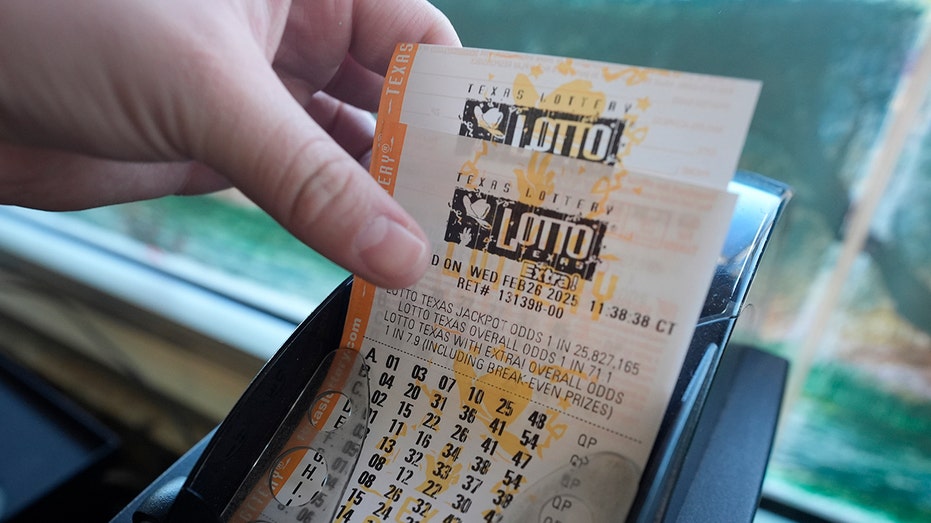














_Wavebreakmedia_Ltd_FUS1507-1_Alamy.jpg?width=1280&auto=webp&quality=80&disable=upscale#)











